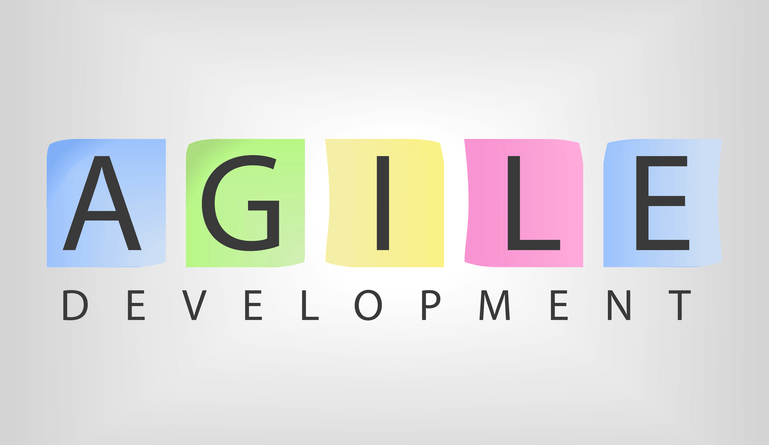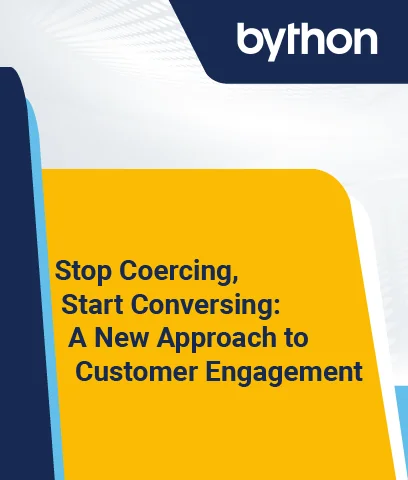Those in the IT industry know the importance that software development holds in various kinds of engineering projects. It requires skills, abilities, and attention from a team of engineers who have a flexible way of working and adapting.
Only those who are willing to learn about the frequent changes in the industry make it out of their careers successfully. Agile methodology is all about giving the most proficient and viable solution to the client’s demands.
Agile development methodology holds great importance in the world of management. For instance, agile projects are said to be 28% more successful(1) than traditional projects. In addition to that 86% of the software developers in a survey(2) claimed to use agile development methodology in their projects.
What is an agile development methodology?
Agile methodology is a professional practice to promote continuous or frequent iterations and changes in the development within the project. It is like testing the development cycle of software throughout the project for efficacy. Testing activities and development go hands in hands in this context.
How does it work?
Agile development starts with the step of admitting that the ‘waterfall’ method to test software leaves a lot for the clients to desire. The simple waterfall process of planning, designing, building, testing, and delivering might work while manufacturing a car but when developing software, it might not work.
In an IT business environment, where everything is changing at a fast pace, agile development helps us to understand that there’s a fine line between inadequate tests and too many processes.
Importance of agile development methodology
Agile holds importance as a complete mindset. The principle and values in agile development methodology provide guidance to the developers to respond to the changes and client demands. Dealing with uncertainty in the most efficient way possible is the general mindset of agile development methodology.
The agile development methodology is all about unleashing new ways to create efficient software systems and encouraging others to do it as well.
When you keep in mind the frame, techniques, timelines, and practice while collaborating with your developer team, you deliver value to your customers and stay true to your company’s motives.
(Download Whitepaper: What are the Different Phases of Agile DevOps?)
The roles in agile development methodology
The roles in agile development, that are users, product owners, and teams work closely regularly to ensure a smooth workflow and quick resolution of problems in the way.
While we are at this topic, let’s discuss these 3 roles and see how each one of them affects the whole methodology.
-
User
The user in this methodology is like the keeper of the game. The user is responsible for smooth processing and eliminating obstacles in the way that impact team organization and productivity. The responsibilities of the user include:
- Teaching the team to ways to increase the return on investment (ROI) while fulfilling the objectives on time
- Improving the lives of the team members by empowerment
- Improving the productivity of the team, as a whole for a quick return on investment
- Improving the tools and engineering practices so that each step forward is potentially successful
- Keeping up to date about the team’s progress and sharing information to each team member for transparency
In general, the work of a user here is to keep an eye on others’ roles, duties, and objectives.
-
Product owner
The product owner takes care of the client’s requirements. He provides a detailed copy of the client’s demands and requirements before digging into the project and implementing the practices.
In general, a product owner is a communicator between a team and a client. He might prepare a bug report through the sources for the team so that they can make amendments as soon as possible.
A product owner works closely with the developer team to ensure that the technical and user-interface requirements are met. Moreover, he is also responsible for making last-minute changes or final calls for the projects.
-
Software development team
The development team is responsible for building, organizing, and testing the software system for the client. While the team’s major duty is to build the product, it can also control the way the product performs.
The team single-handedly allocates tasks, distribute work, decide deadlines, and break work throughout the project to ensure smooth workflow.
Benefits of agile development methodology
One of the great benefits of this methodology is the engaged mindset. This process makes the entire project easier to handle. Moreover, this approach delivers exactly what the customers want without going in the wrong direction.
-
Faster
This is one of the biggest advantages of agile development. The faster the process, the faster you get paid. That being said, your work turns into a profitable business.
-
Customer satisfaction
Customers do not have to wait for months to get the project through an agile approach. The approach is all about giving iterations to the clients rather than delivering the exact model that they desire. The customer, then adapts to the changes and requests for changes if he wants, any.
-
Increased value of employees
Agile development methodology also aims to increase employees’ productivity. The more productive an employee is, the more he is valued and welcomed in the business.
-
No rework for employees
Agile development methodology cuts down on rework phases. The approach is to guide the client throughout the process so that there are minimal revisions.
Challenges
• It is hard to focus on the product’s design as the main focus is on the processes
• It is more developer-centric rather than user-centric
• Inefficient in large organizations and for certain projects
Examples of widely used agile development methodologies
Here are some examples to enlighten you about the methodologies being used worldwide:
-
Agile SCRUM methodology
It has lightweight project management practices and a framework for managing and controlling incremental and iterative projects of all kinds.
-
Lean software development
It focuses on eliminating additional project factors and instead works on selecting valuable features of the product.
-
Kanban methodology
This methodology focuses on delivering value to the customers by adapting efficient mechanisms throughout the project.
-
Extreme programming (XP)
Extreme programming ensures quick and efficient deliverance of high-quality software using a disciplined approach.
-
Crystal
Crystal methodology focuses on project priorities, customer’s requirements, the criticality of the work, and project size rather than efficacy.
-
Dynamic systems development method (DSDM)
This approach includes delivering software systems in an unstructured manner.
-
Features driven development (FDD)
It begins with a short-iteration process or a model for the client. The main purpose is to highlight the main features of the product in the client’s eyes.
Best practices of agile development
Here is a comprehensive guide of best practices regarding agile development:
- Setting priorities could help cut down the product’s deliverance time
- Completing the project in small release cycles could ensure product completion on time
- Pairing programmers together could increase the productivity and quality of the product
- Reworking the program code could lead to clarity and efficacy
- Testing the code regularly could drive encouragement within the team
Agile development methodology tools
- ActiveCollab
- SCRUM
- Atlassian Jira + Agile
- Prefix
- Pivotal tracker
- Retrace
Final Thoughts
Agile development is a renowned methodology used by millions of software developers to build and ship apps efficiently and quickly. However, taking the high road needs support. So, leaders must provide their developers with the right resources and tools that they need to succeed.







